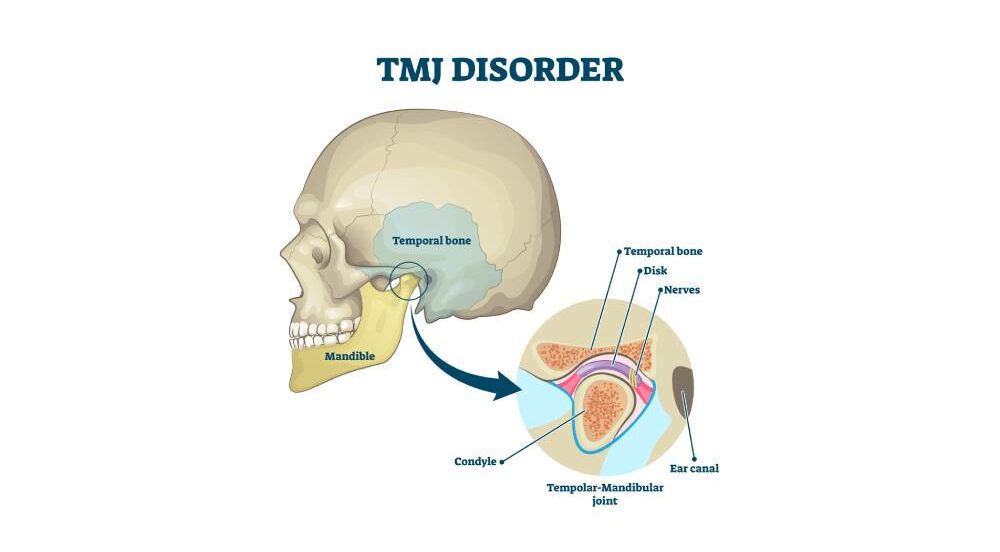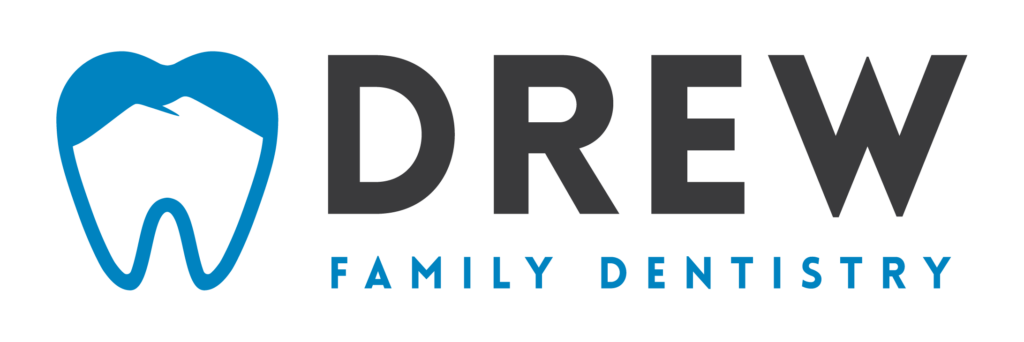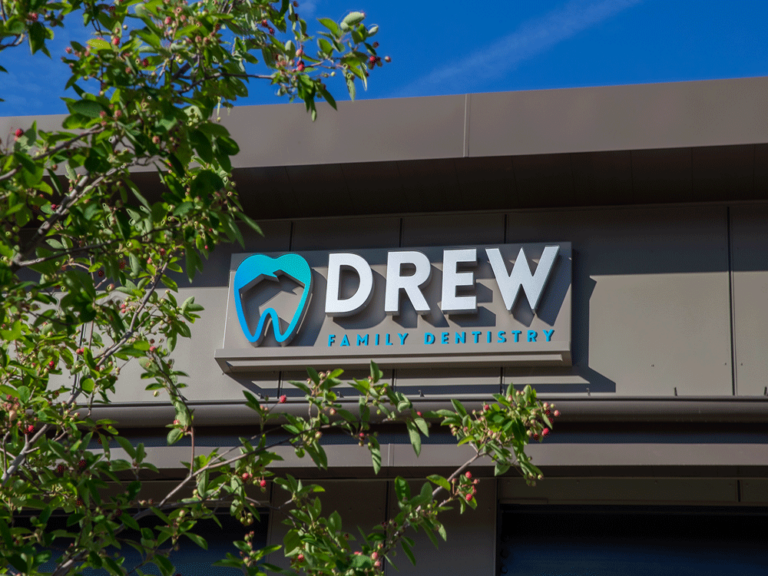TMJ Disorder
TMJ can be treated through a variety of treatment options. If you experience jaw pain, there are ways to diagnose and treat it so you can live peacefully.
TMJ Treatment
If you experience an aching jaw, pain or tenderness in the jaw joints, or pain when chewing, you may have a Temporomandibular disorder (TMD). The most well-known TMD is Temporomandibular Joint Disorder (TMJ). The temporomandibular joint is the hinge that connects your jaw to your skull. It’s located right beneath the ears on both sides of the face.
Often we can’t tell the exact cause of TMJ. Which can be frustrating for you and for us. However, there are several factors we can look for to see if any apply. Some of the common causes of TMJ can be the erosion of the disk that is between the bones, or the disk can slip out of place. You might also have pain if you have arthritis in the jaw joint. Trauma can also cause damage leading to chronic pain. Some people who grind their teeth at night are more prone to TMJ as are people who have high levels of stress. There may also be a genetic component to TMJ.
At Drew Family Dentistry, we will talk you through all the different causes of TMJ and create a specialized care plan for you.

-
How do I know if I have TMJ?
There is no way to diagnose yourself, but there are common symptoms you can look for. If you have any of these symptoms and they don’t resolve on their own, you will need to see a dentist for an official diagnosis and treatment plan.
In most cases, jaw, ear, or facial pain is temporary and resolves on its own. However, if the pain is persistent and over-the-counter medications or home remedies no longer work, give us a call.
Common signs and symptoms include:
– Pain in your jaw
– Jaw is tender to the touch
– Ear pain
– You have pain while chewing
– Facial pain that you would describe as ‘achy’
– Locking of the jaw joint — getting stuck in an open or closed position
– Headaches -
How do you diagnose TMJ Disorder?
We will first discuss any risk factors that may be contributing to your pain. We’ll then do an examination that includes listening to your jaw, feeling it move, and pressing areas to determine where the pain is coming from. We will also take x-rays or 3D images. If we think it’s necessary, some patients need an MRI to see if the disk or soft tissues are damaged.
-
How do you treat TMJ?
We will recommend starting with over-the-counter pain relievers. Tylenol or Ibuprofen can be successful in treating minor pain and inflammation. Beyond that, some doctors prescribe a type of antidepressant that helps with bruxism control and sleep. Muscle relaxants can offer relief for some patients as well.
Oral appliances can also be effective in treating TMJ. At Drew Family Dentistry we have both hard and soft appliances that can be worn at night to relieve bruxism. Not only do they help with TMJ, but they protect the teeth from wearing down. They also help keep other dental work safe from too much pressure which can cause cracking and breaking. Our night guards are custom fit for you. They are worn during sleep and are comfortable. If oral appliances don’t work, you may need surgical intervention. We can discuss options with you at your appointment.
Besides medication and oral appliances, there are other alternative options that may help relieve pain or stress. They include:
– Avoiding foods that overwork the jaw muscles
– Applying heat and cold to the area
– Acupuncture
– Meditation or other relaxation strategies
– Massage
– Physical therapyBeyond these treatments, there are surgical options for treating TMJ. We prefer a conservative approach to treatment first, but if you don’t find relief we can help connect you with a doctor who can examine your case and let you know if surgical intervention is appropriate.
More Questions?
If you have more questions about TMJ Disorder, or if you would like to schedule an appointment, contact our office and we will be happy to discuss further.

